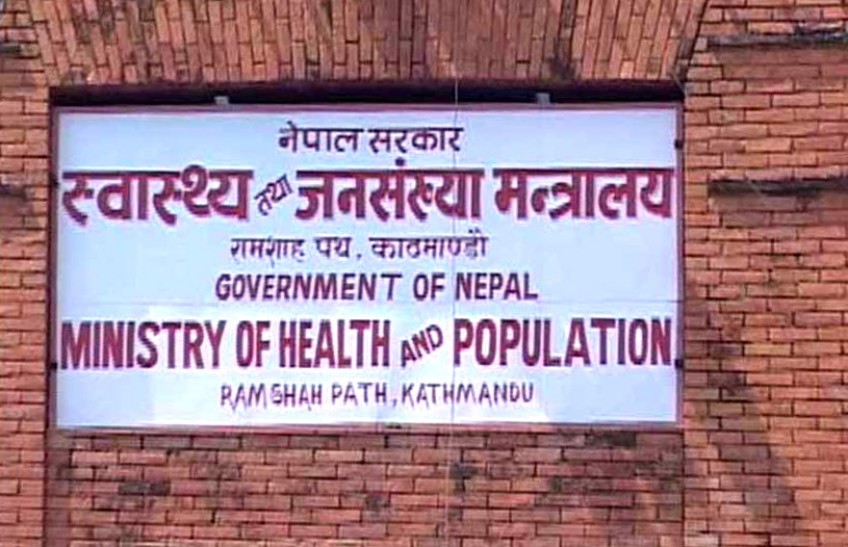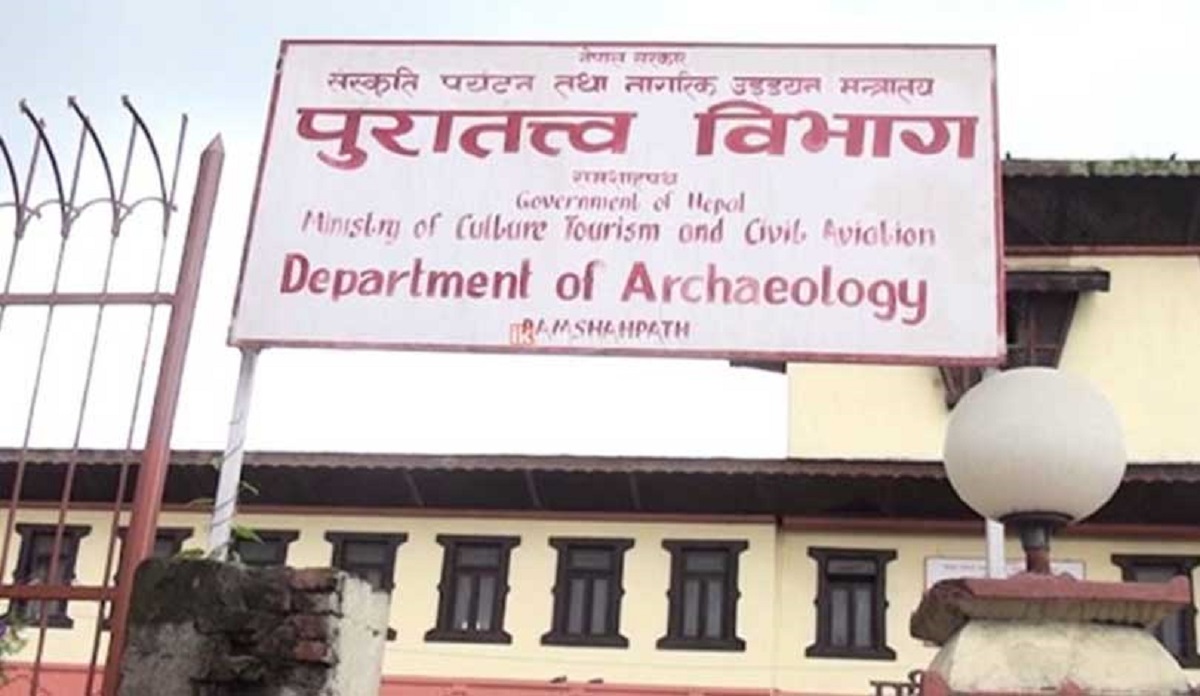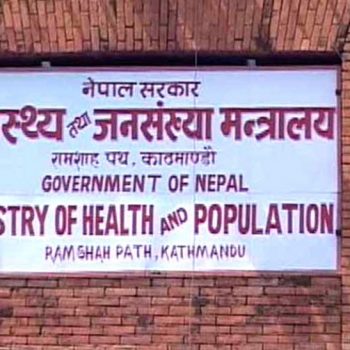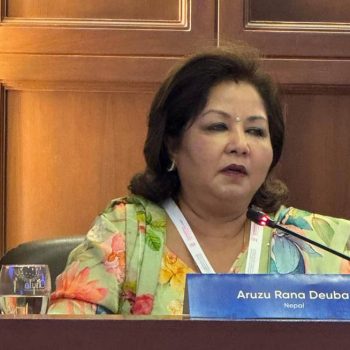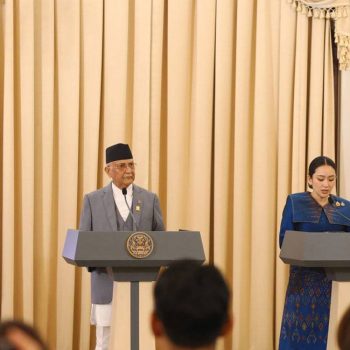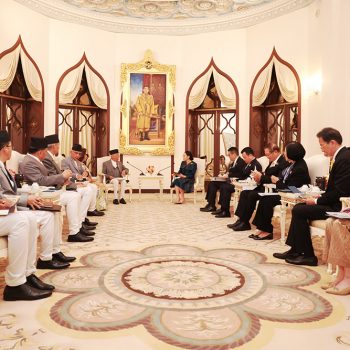Samriddhi bringing development wave, 16 districts to take advantage
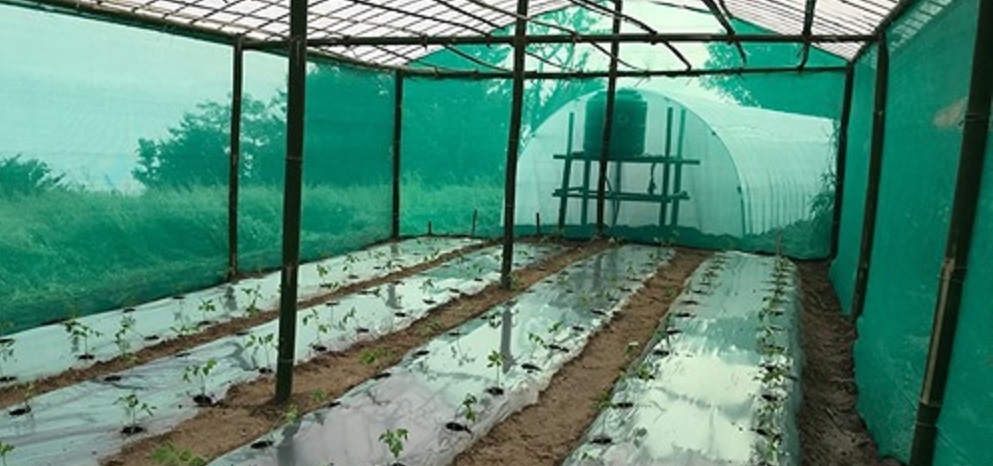
KATHMANDU: The Rural Enterprise and Remittance Project (Samriddhi) has been working to reduce poverty and achieve sustainable peace in the country. Samriddhi is working at the local level to create employment opportunities for small farmers and producers, and to promote rural income-generating activities in the agricultural and non-agricultural sectors.
The project has helped in the development of the supply chain through the Samriddhi fund in the first phase.
Samridhhi Project is working on the production of enlisted items with high market demand in 14 places of 16 districts. The project is working to implement the production and supply chain of green vegetables, fish, milk, goat rearing and aromatic herbal products.
Samriddhi Project is also working to increase the capacity of district and municipal chambers of commerce in the 16 districts, and has also enhanced the capacity of chambers of commerce in two provinces and 25 districts and cities.
According to the demand of the labour market, the project is also working to create self-employment and employment for the youth through skill-based small and medium enterprises at the local level. It aims to do so by producing skilled human resources through vocational skill and industrial training through Helvetas Nepal.
The project has also provided employment to the youth by conducting short term market-oriented technical and vocational training on the basis of performance-based payment through privately run training and employment providers.
Human resources required for large and medium enterprises run by the private sector are being employed by the industrialists themselves (through the project) by developing skilled resources through industrial training.
Economic mobilization and social counselling are aimed at encouraging economic activities to effectively mobilize the target beneficiaries of the project. It will have only priority municipalities. In order to achieve inclusive returns in the target group as per the objectives of the project, the economic activities under the project are informed to the community in the priority local bodies and regular coaching and inspection is done to the producers and producer groups involved in the supply chain.
Similarly, through gender-work learning methods, counselling is also being provided to one thousand households, such as outlining family dreams and the plans needed to fulfil them.
In order to provide easy financial access to the service recipients at the rural level, the capacity of the financial institutions in the 16 district municipalities has been developed and an environment has been created to cooperate with the local level institutions and large financial institutions to provide access to financial resources at sustainable and accessible rates. It has also assisted in the expansion of services of national-level financial institutions and the development of suitable financial instruments.
In order to increase financial access at the local level, the work has been taken forward by concluding an agreement to conduct financial education and vocational training for about 50,000 people targeting community and migrant workers and their family members through 150 co-operatives.
The Rural Enterprise and Remittance Project (Samriddhi) was implemented on December 10, 2015, under the current Ministry of Industry (Ministry of Industry, Commerce and Supply) for seven years under an agreement between the Government of Nepal and the International Fund for Agricultural Development.
The Samriddhi Project has a Koshi-Sagarmatha Corridor Office in Dharan for eight districts of Morang, Sunsari, Dhankuta, Terhathum, Bhojpur, Okhaldhunga, Khotang and Udayapur.
Similarly, the Janakpur Corridor Office is located in Janakpurdham for 8 districts including Saptari, Siraha, Dhanusha, Mahottari, Sarlahi, Rautahat and Bara and Sindhuli, the only district from Bagmati.
The budget of the project is USD 23.23 Million. The Center for Agribusiness under the Federation of Nepalese Chambers of Commerce and Industry (FNCCI) and the Helvetas Nepal Project of the Swiss Development Agency are the partner bodies for this project.
Samridhhi is working in 16 districts to reduce poverty and create sustainable peace in the country by creating employment opportunities for equitable and inclusive economic development.
The project is working to promote income-generating activities in the agricultural and non-agricultural sectors by promoting small and home-based enterprises to provide sustainable sources of income for rural poor households, immigrant households and returnees from abroad.
Rakesh Jha, Business Development Expert of Samriddhi Project, has said that two hundred thousand people will benefit from the project. He said that 50% of the citizens who are able to start a business below the poverty line will be women and 60% of the youth in the age group of 18-40 will be from immigrant families and those returning from foreign employment. Work is underway to empower 10,000 households in the project area in the field of development of supply chain agricultural commodities – fish, vegetables, milk, goat and fragrant herbs.
Work has also been carried out to facilitate the professional development service flow capacity of a total of 27 associations, including 25 district and municipal chambers of commerce and the provincial chambers of commerce of Province 1 and 2.
30,000 will be made eligible for employment by providing skill-based training. Jha said that financial education and vocational knowledge training will be provided to 50,000 people during the project.
Jha said that the GALS (Gender Action Learning System) method will provide direct financial advice and counselling services to one thousand households at high risk in social mobilization activities. Information, counselling and orientation will be provided to those who want to go for foreign employment through the Immigrant Resource Center and Information Room. In order for the Nepalese economy to benefit from immigration, in addition to information and consultation, it will provide sustainable and effective immigration services with the objective of further supporting immigrant families by formulating strategies in this regard.
What will Samriddhi do?
- To lay the foundation of prosperity by empowering small farmers and producers in the rural areas for income generation
- To expand access to the market through the development of the supply chain and carry out activities of the project based on the concept of market demand
- To bring the rural people into the mainstream of financial inclusion by identifying the financial institutions working in the project areas and develop the capacity of cooperatives
- To create decent employment through vocational training and industrial training in order to increase self-employment and income of rural households, returnees from foreign employment, immigrant families and unemployed youth
- To facilitate the investment of the income earned by the immigrants and their households through remittances in the productive sector
- To help to make immigration services sustainable and effective at the local level by operating the immigration resource centre and immigration information room at the local level
- To create a conducive environment for formulating necessary policies and strategies at the local level and in the states to make foreign employment safe, achievable and dignified
- To develop the capacity of financial institutions at the rural level and to create an environment for local-level institutions to cooperate with the large financial institutions to provide access to financial resources at sustainable and affordable rates.



